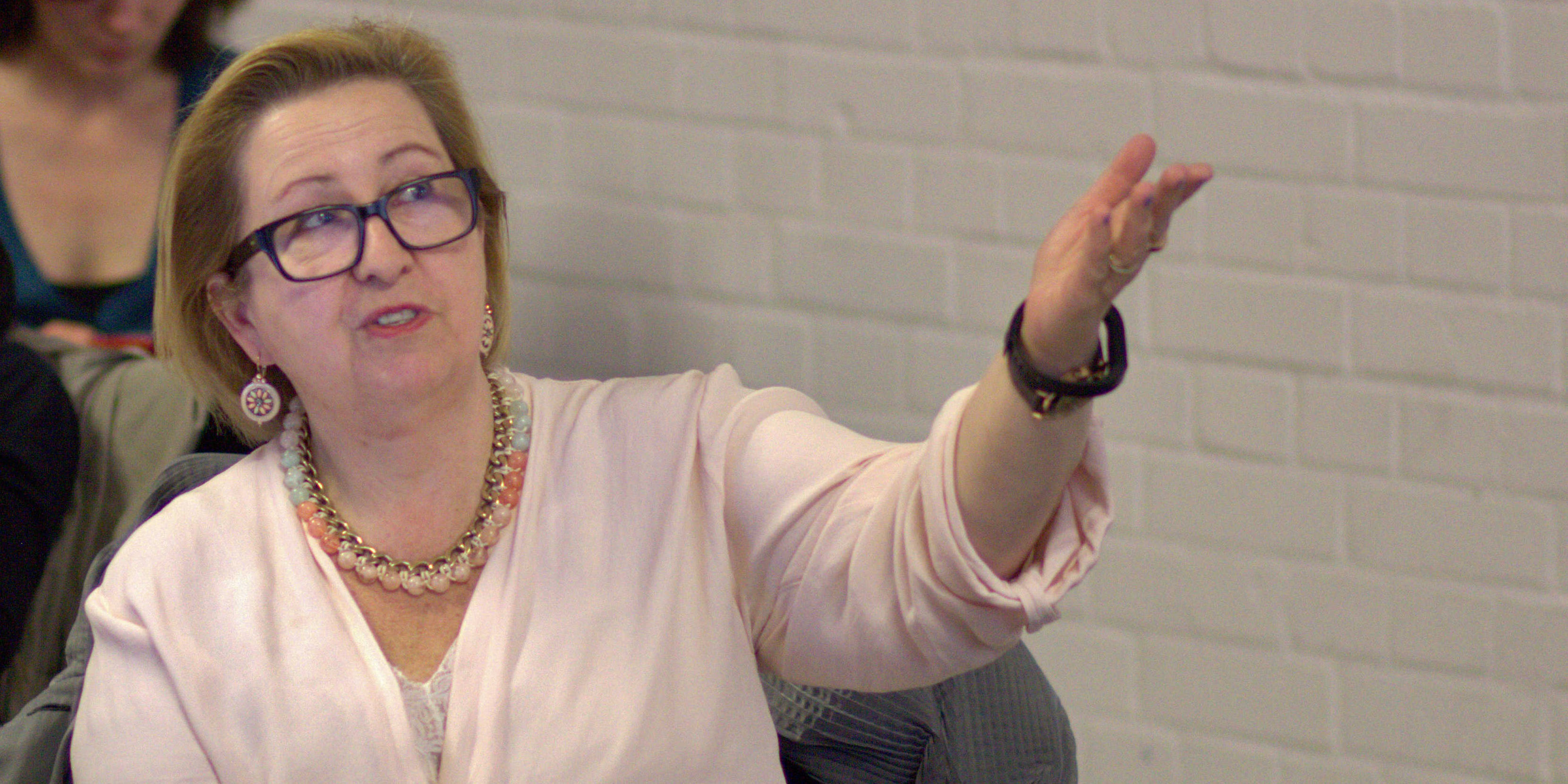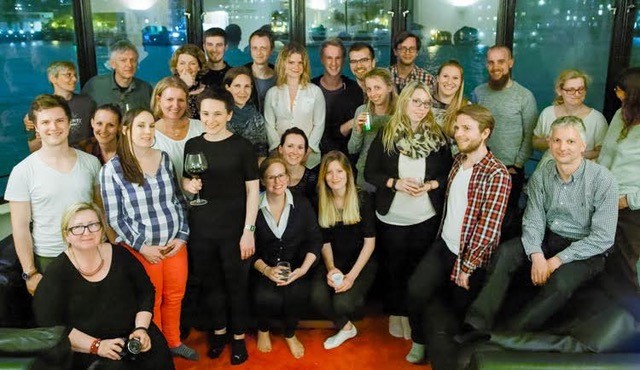As an instructor in the Content Strategy Master’s program, I often use metaphors to convey the concepts and ideas that apply to the discipline of content strategy. One metaphor I find myself returning to, over and over again, is the doctor. The doctor is a timeless profession, one that, as children, we learn about and aspire to be. We all have experience as patients, and understand certain truths from our interactions with them. So then, what is the similarities and differences between doctors and content strategists, and where does the metaphor break down?
Why content strategists are the doctors of the content world
Rahel A. Bailie, 27. February 2018
We all know what doctors do
Why do we seek out a doctor? Generally, we go to the doctor when we have a health problem or, to a lesser extent, when we need help reaching a health-related goal. In either case, we have decided that we have a situation that needs professional attention. We’re more likely to go see a doctor about a cut if we think it needs stitches. We’ll go if we’re having ongoing headaches, or experience a sudden weight gain or loss, to get pre-natal care, or with the onset of strange systems or behaviours.
We go to doctors because they are able to listen to our description of our symptoms and, using their specialised knowledge, quickly and accurately assess our condition or diagnose our ailment, and provide us with an appropriate course of treatment. That could range from stitching up a wound to providing ongoing monitoring, or sending us to a specialist.
We don’t expect our family doctors to be specialists in neurosurgery, internal medicine, podiatry, psychiatry, pediatrics, gynecology, or oncology. We expect our doctors to be the first line of treatment, with a referral to a specialist, as needed. But the common thread here is that all doctors study the basics of anatomy, go through the same courses, and graduate with a common knowledge of medical practices before they go on to specialise in a particular field – or to choose the path of general practitioner.
Content strategists as diagnosticians
Why do organisations seek out a content strategist? Generally, there is a business problem or, to a lesser extent, an unfulfilled business goal that needs the attention of a content expert. Organisations are more likely to call in a content strategist if they recognise that their situation is beyond a quick self-help fix – much like the person who realises stitches are needed. They rely on a seasoned professional with deep content knowledge to figure out how to deliver a solution that will diagnose their content problem.
Those content problems are not always easy to diagnose. I sometimes say that people who don’t know that airplanes exist will describe cross-Atlantic travel on a ship. Content strategists have enough skill and experience to listen between the lines to distinguish between what is being described and what the underlying problem is. Once the problem is diagnosed, the content strategist’s job is to either write a prescription, in the form of a solutions roadmap, or to involve specialists who can contribute their expertise.
We don’t expect content strategists to be specialists in marketing content, social marketing, content marketing, product content, support content, training content, technical content, legal content, and so on. We expect them to look at the bigger picture and be able to pinpoint where there’s a problem they can fix, and when to bring in a specialist. However – and this is where things diverge wildly – there is no common thread. Content strategy is not a licensed profession, like engineering, accountancy, or medicine. There is no common thread, and no common body of knowledge. Practitioners comes from a multitude of backgrounds and bring a variety of skill sets to the table: journalism, marketing, copywriting, content management, software development, technical communication, business communication, social media…the list goes on and on.
Raising the bar for content strategists
The lack of common knowledge makes for a very interesting mixer at a social event, but brings with it a unique set of tensions. When I go to a doctor, I can be certain that they had enough knowledge to pass the medical exam. But when I want to hire a content strategist, I never know whether I’m getting the right content strategist for the job. I could be hiring the equivalent of a dermatologist to treat arthritis. This makes it harder for clients to hire the strategist with the right skill set and makes it harder for employers to advertise for the right employee. Conversely, this lack of common ground makes it easy for people who aren’t content strategists to co-opt the name for themselves. For example, content marketers, by the very nature of their profession, have widely spread the notion that content marketing strategy is the same as content strategy. One seasoned digital agency manager in London has a couple of questions meant to weed out the impostors, as she calls them, on the first round, and says she can go through up to 80 applicants before she finds someone she feels has the proper skill set.
FH JOANNEUM leads the way
So how do content strategists create a the common body of knowledge that will give other professionals the assurance they need to trust their content strategist to consult, diagnose, and prescribe against a set of business requirements, taking the whole content corpus into account? In the absence of a professional institution such as the British Medical Association, a Body of Knowledge such as the Project Management Body of Knowledge, or a certification program such as the Certified Management Consultant, there isn’t a lot that can be done. However, FH JOANNEUM has made the first huge step in that direction. The Content Strategy Master’s Program at FH JOANNEUM in Graz is the only of its kind in the world. Other organisations roll a content strategy course into their Experience Design program, or run workshops that focus on the editorial side of content. There is another program in the US that claims to teach content strategy, but the focus is on social media strategy. So though content strategy took root much earlier in North America, FH JOANNEUM will always be the first full program of its kind.
General practitioners or specialists?
If we go back to the metaphor of medicine, specialists begin as generalists, and given enough training in a multitude of areas to be competent practitioners. They can then select their specialty, and get extra training and practical experience through an internship. Similarly, students of the Content Strategy Master’s Program are taught by content strategists with international reputations, and a wide range of skill sets. They start off with the fundamentals, in the introductory course, and are then given some training in a range of courses that reflect many of the content strategy specialties, from content marketing to brand development, to content modelling. Some content strategists will remain generalist, and others will concentrate on particular areas, perhaps applying content strategy as part of their jobs. The specialty comes later, as the students put their knowledge to work in the real work, gaining experience and honing their craft. The work done in the Masters’ theses of graduates reflect the depth of knowledge that these practitioners are taking into the world, where they can truly consider themselves content strategy professionals.
Rahel A. Bailie is one of the founders of the discipline of content strategy and author of one of the first books on this subject. She lives and works in London. She has been teaching since 2015 at our Master’s program in Content Strategy.

Photo: Steve Hutchings
Rahel Bailie with students and teachers of our study program at a party in her apartment directly on the Thames.











